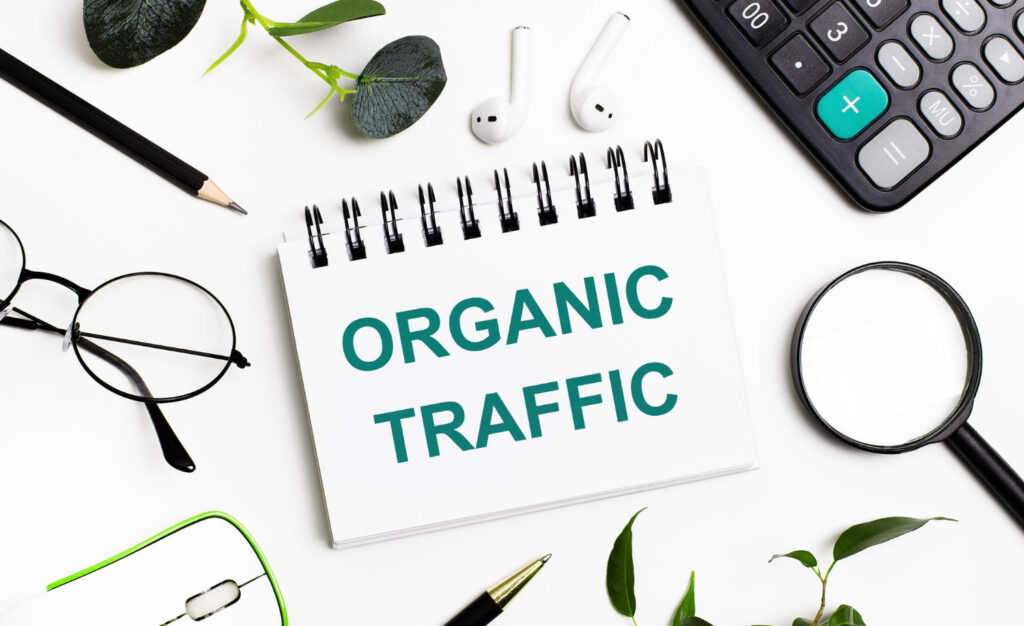In the digital age, where online presence is paramount, website traffic is a key metric that defines the success of a web platform. Among the various sources of website traffic, “organic traffic” holds a special place. It is a term often used in the world of digital marketing and search engine optimization (SEO), and for good reason. Organic traffic not only brings visitors to your website but also represents a valuable, sustainable, and cost-effective source of potential customers. In this article, we will explore what organic traffic is, how it differs from other traffic sources, and why it is essential for the success of your website.
What Is Organic Traffic?
Organic traffic refers to the visitors who come to your website through unpaid, natural search engine results. In other words, when someone enters a query into a search engine like Google, and your website appears in the search results without the need for paid advertising, the traffic generated from those clicks is considered organic.

How Does Organic Traffic Differ From Other Traffic Sources?
To understand the significance of organic traffic, it’s important to differentiate it from other types of website traffic:
- Paid Traffic: This traffic is generated through paid advertising campaigns, such as pay-per-click (PPC) ads. You pay for each visitor who clicks on your ad. While paid traffic can deliver immediate results, it requires a continuous budget to maintain.
- Direct Traffic: Visitors who come directly to your website by typing the URL into their browsers or using bookmarks fall under this category. Direct traffic is often composed of existing customers and loyal followers.
- Referral Traffic: Referral traffic comes from external sources, such as social media platforms, other websites, or online forums, where users click on links to visit your site.
The Importance of Organic Traffic:
Organic traffic is the lifeblood of sustainable online success for several reasons:
- Cost-Effective: Unlike paid advertising, organic traffic does not require ongoing payments for each click. While SEO efforts may require an initial investment, the long-term benefits often outweigh the costs.
- Credibility and Trust: Organic search results are viewed as more trustworthy and credible by users compared to paid ads. Being highly ranked in organic search results enhances your website’s reputation.
- Sustainability: Once you achieve a high ranking in organic search results, maintaining that position is less resource-intensive than constantly investing in paid advertising.
- Targeted Audience: Organic traffic tends to attract users who are genuinely interested in your content, products, or services, resulting in higher conversion rates.
How to Boost Organic Traffic:
To harness the power of organic traffic, consider these strategies:
- Keyword Optimization: Research and use relevant keywords that your target audience is likely to search for.
- Content Quality: Create high-quality, informative, and engaging content that answers users’ questions and provides value.
- On-Page SEO: Optimize your website’s structure, meta tags, and URLs for search engines.
- Backlinks: Build high-quality backlinks from reputable websites to improve your site’s authority.
- Mobile Optimization: Ensure your website is mobile-friendly, as search engines prioritize mobile-first indexing.
- Regular Updates: Continuously update and refresh your content to remain relevant and attractive to search engines.
In conclusion, organic traffic is a vital component of website success. It not only drives visitors to your site but also offers numerous advantages, including cost-effectiveness, credibility, and sustainability. By investing in SEO strategies and creating valuable content, you can tap into the power of organic traffic to boost your website’s visibility and achieve long-term success in the digital realm.

